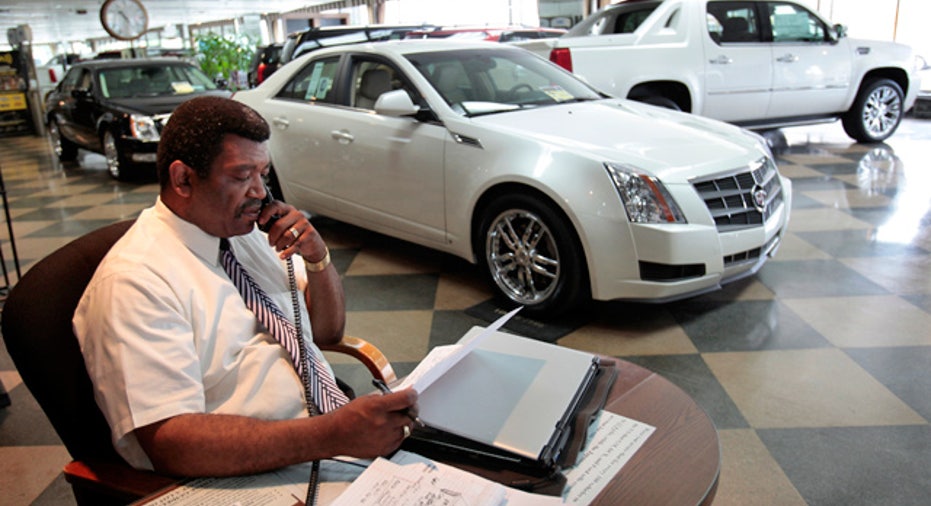Is it Cheaper to Buy a New Car Than a Used One?

Some auto retail experts argue if you’re looking for a bargain today, buy new, not used.
More consumers have been hanging onto their older vehicles while riding out the recession and demand for used cars is on the rise. At the same time prices for used vehicles have increased.
Bill Visnic, analyst and senior editor at Edmunds.com, said the auto industry went from selling 16.5 million new cars annually before the recession, down to 10.5 million in the depths of the crisis. He said the average age of a used vehicle on the road today is in excess of ten years old, as well, meaning that overall more consumers are keeping their older cars.
"About five million people or so dropped out of the market," Visnic said. "A vast number of those people would have been trading in a used car when they bought a new one. That's a big whammy when the replacement rate has been lagging so much."
Consumers looking to buy used cars will find that prices are up markedly, Visnic said. The Wall Street Journal reports that prices for used cars are up 5% this year at wholesale auto house Manheim. He said the Car Allowance Rebate System, which was introduced in 2009, also set off the price hike in the used market. The government program dubbed "Cash for Clunkers" offers economic incentives to U.S. consumers for turning in their used cars for a newer, more fuel-efficient vehicle. In turn, instead of ending up on the used car lots across the country, those vehicles went to junkyard graves.
"This was the beginning of helping to pull a lot of used cars off the market," he said.
In April, AutoTrader.com saw increases between 1% and 9% in asking prices for used cars, according to Mark Scott, senior manager of media relations for the site. He said about 40 million used cars are sold annually, and that number has increased since the recession.
"That makes the industry so much tighter," Scott said. "Sellers now know that if there are less used cars out there, ‘Maybe I can get more for the one I have.'"
Parents that look to the used market to buy their teens a car will now also be considering older models, Visnic said.
"The used car has been what you buy for a teenager since time began," he said. "Now they will be looking at four or five-year-old cars, instead of two or three-year old cars. They will have more mileage on them."
Edmunds keeps a list of new cars that are cheaper than used vehicles, and Visnic said it is becoming "quite clear" that in many cases it is more economical to purchase a new car.
Here are some of Scott's tips for finding a good buy on a car in this market:
No. 1: Widen your net. The Internet is a great place to start your search, Scott said, because it allows consumers to look for cars within a certain mile radius of their homes.
"Search up to 100 miles of your home," he said. "You may have to drive further to look at the car, but you might find deals that way."
No. 2: Be open-minded. You may have a certain car in mind, but with fewer cars on the road, options are limited.
"Cast that net wider as well," Scott said, when looking at cars. "Looking at [different cars] may find you a deal."
No. 3: Consider buying. Like Visnic, Scott said it's not a bad time for consumers to look at buying a new car.
"In a lot of instances you might get a special deal that helps make it not much more expensive, or the same price as a used car," he said. "Cash back or zero financing—depending on your budget, it may be a good time to think about a new car."



















